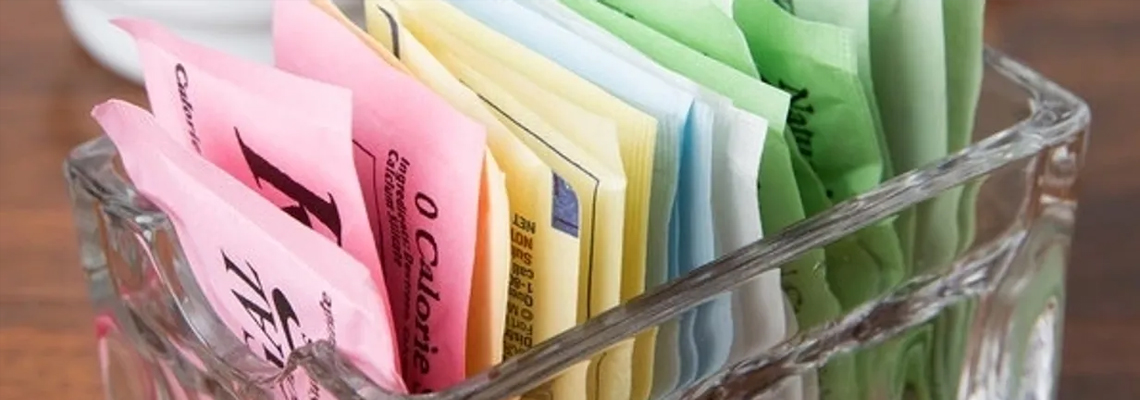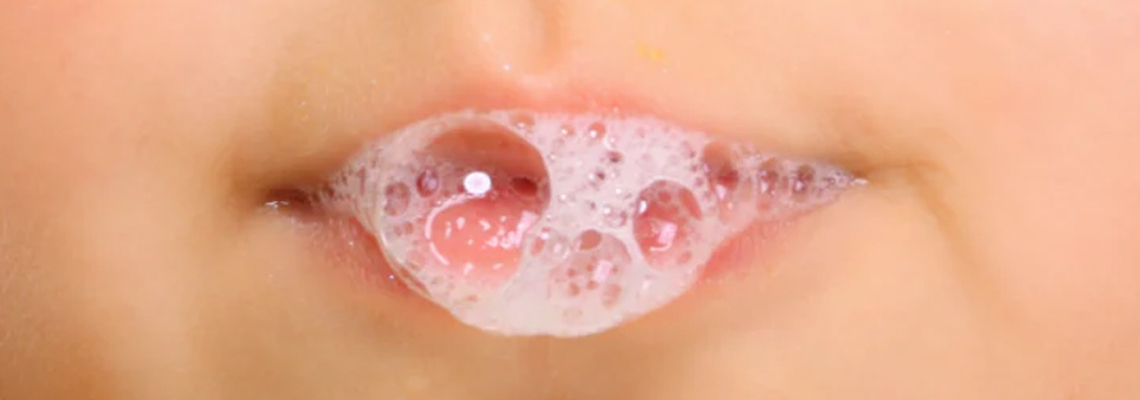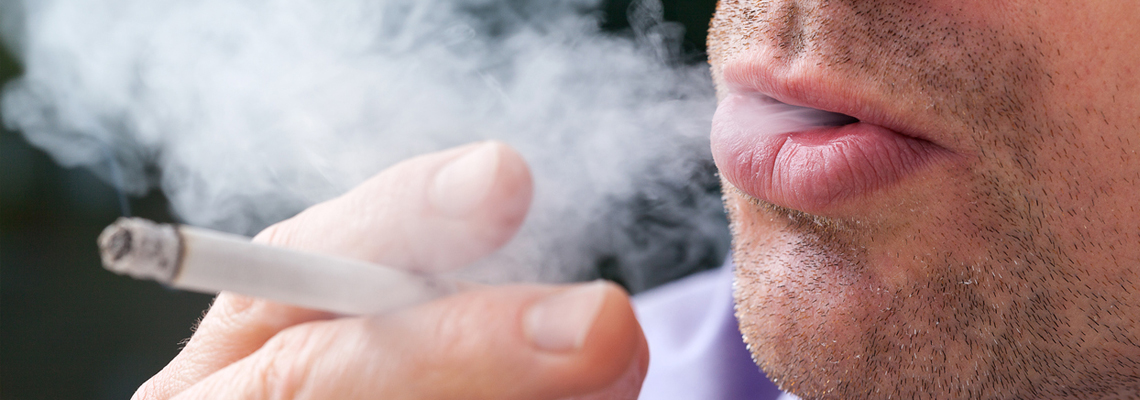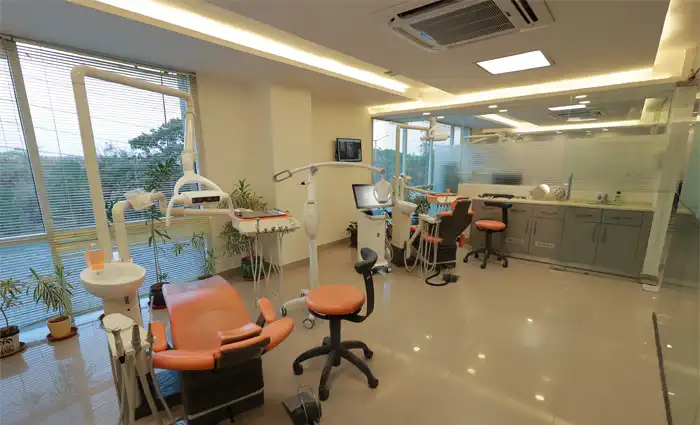Artificial sweeteners have long been heralded as a calorie-free alternative to sugar, allowing consumers to enjoy sweet tastes without compromising their diets or raising blood sugar levels. However, while they offer benefits in terms of reduced calorie intake and potential diabetes management, artificial sweeteners may come with unintended consequences for oral health. In particular, recent research suggests that artificial sweeteners may affect the oral microbiome, the delicate balance of beneficial and harmful bacteria in the mouth. This interaction raises important questions about how artificial sweeteners might impact long-term oral health.
Artificial Sweeteners and Oral Microbiome Balance
The oral microbiome is an ecosystem of bacteria, fungi, and other microorganisms that play a key role in maintaining oral health. A healthy balance in this microbiome helps prevent tooth decay, gum disease, and other oral health issues. When balance is disrupted, however, it can lead to an overgrowth of harmful bacteria, leading to dental and even systemic health issues.
Unlike sugar, which is metabolized by bacteria in the mouth to produce acids that can harm tooth enamel, artificial sweeteners do not directly contribute to acid production. For this reason, they have been considered safe for teeth. However, some studies have shown that artificial sweeteners may still affect the microbiome, even if they don’t cause the same acid production. Research is ongoing, but some findings indicate that certain artificial sweeteners can inhibit the growth of beneficial bacteria or even promote an imbalance by supporting less desirable bacterial strains. This interference with the oral microbiome could potentially have adverse effects on oral health over time.
The Role of Sweetener Types on Microbial Health
Not all artificial sweeteners are created equal when it comes to their effects on oral bacteria. Some types, like saccharin and sucralose, have been shown to interact with bacteria differently than others. In particular, sucralose has been shown to alter the balance of bacteria in the gut, and similar effects might extend to the oral microbiome as well. Certain types of oral bacteria might metabolize sucralose in ways that allow it to promote an environment more favorable to harmful strains, potentially compromising the protective functions of the microbiome.
Sugar alcohols, a type of low-calorie sweetener such as xylitol, actually offer some potential benefits for oral health. Xylitol, in particular, has been shown to inhibit the growth of Streptococcus mutans, a bacteria that contributes to tooth decay. Unlike other artificial sweeteners, xylitol may support a healthier oral microbiome when consumed in moderate amounts, but more research is needed to fully understand its long-term effects.
Artificial Sweeteners and Gum Health
Apart from potential impacts on bacterial composition, artificial sweeteners might also play a role in conditions affecting the gums. Changes in the microbial balance of the mouth can impact immune response in gum tissues, sometimes promoting inflammation. Chronic inflammation of the gums can lead to gingivitis or even periodontitis, both of which are serious gum diseases. While artificial sweeteners alone do not cause gum disease, a disrupted microbiome might make gums more susceptible to irritation and infection, especially if combined with other risk factors like poor oral hygiene or a high-sugar diet.
Choosing Wisely for Optimal Oral Health
As we look to manage our diets and overall health, it’s important to consider the potential implications of artificial sweeteners on oral health, especially with regard to microbiome balance. While artificial sweeteners provide certain benefits, consuming them in moderation is advisable until further research clarifies their effects. Choosing low-calorie sweeteners such as xylitol may provide a safer alternative, as it has shown some protective effects against tooth decay.
The key to maintaining a healthy oral microbiome lies not only in selecting the right sweeteners but also in maintaining consistent oral hygiene practices. Brushing, flossing, and regular dental check-ups are essential for keeping the balance of bacteria in check, regardless of diet. With mindful choices, we can enjoy the benefits of artificial sweeteners while protecting the health of our mouths.
Are You Looking For Dental Implants
Click on the links below to learn more about the approximately $50,000 savings option for Dr. Motiwala’s packages.
- Full mouth dental implants & Cost of Treatment
- Smile Makeover & Cost of Treatment
- Watch 100’s of Testimonials from our International Patients
Make An Appointment!
Please contact us if you have dental difficulties or are interested to know about dental implants and how they might improve your smile. Dr. Motiwala Dental Clinic & Implant Center may be reached at +91 99596 14584. You can also Contact Us by clicking the banner below.























